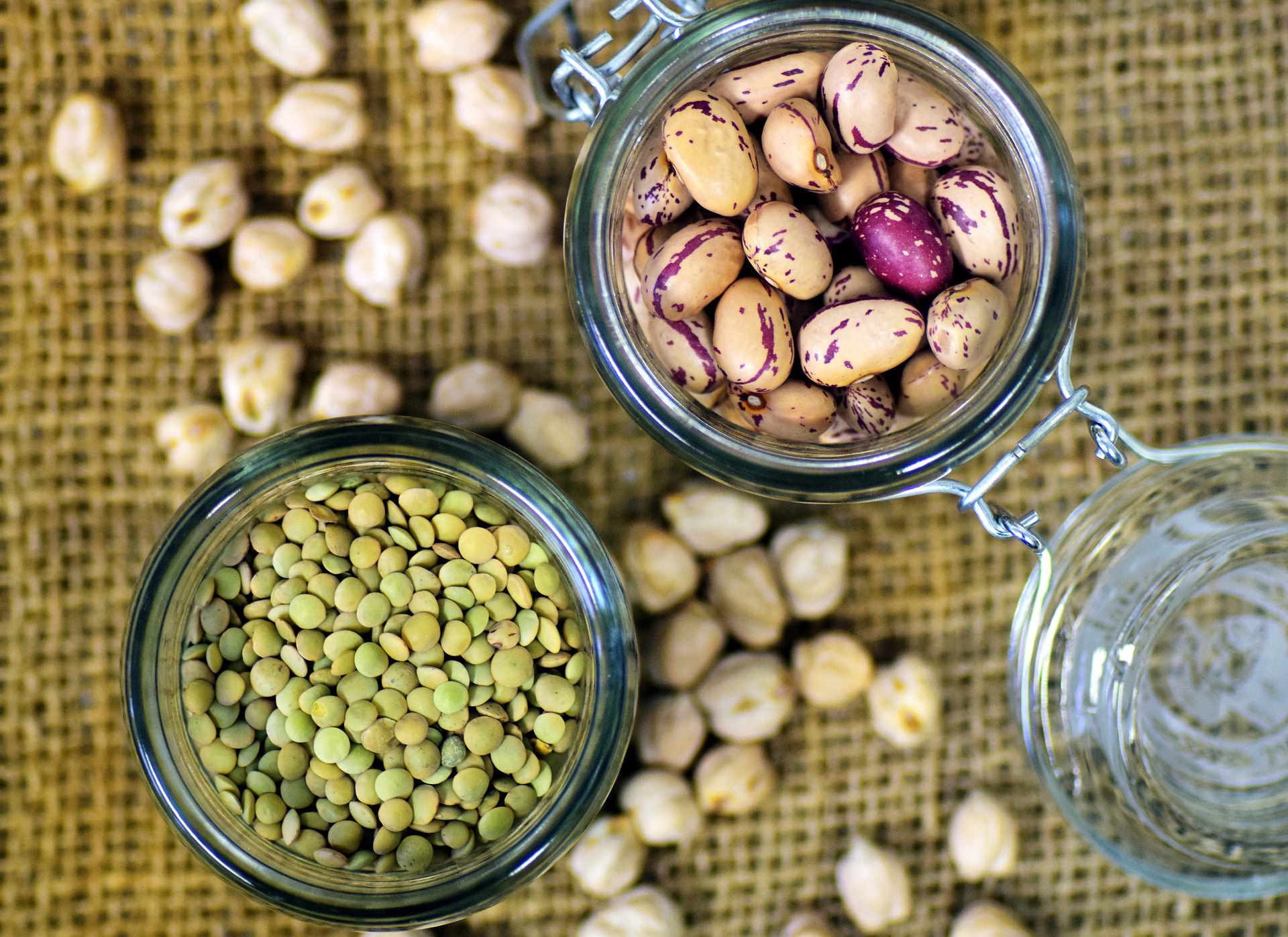The Rise of Plant-Based Protein: A Sustainable Alternative
Explore the growing trend of plant-based protein and its role in shaping the future of food. As more people adopt vegetarian, vegan, and flexitarian diets, the demand for plant-based protein sources continues to surge. From innovative meat alternatives to protein-rich legumes and grains, plant-based protein offers a sustainable and nutritious alternative to traditional animal-based protein sources. Discover below the benefits, challenges, and culinary possibilities of embracing plant-based protein in your diet.
Benefits of Plant-Based Protein
Plant-based protein offers numerous health and environmental benefits compared to animal-based protein sources. Plant foods such as legumes, tofu, tempeh, nuts, seeds, and whole grains are rich in protein, fiber, vitamins, minerals, and antioxidants, promoting overall health and well-being. Plant-based diets have been linked to lower risks of chronic diseases such as heart disease, diabetes, and certain cancers. Additionally, plant-based protein production requires fewer natural resources and generates fewer greenhouse gas emissions compared to animal agriculture, making it a more sustainable choice for the planet.
Innovative Meat Alternatives
One of the most significant developments in the plant-based protein sector is the emergence of innovative meat alternatives that closely mimic the taste, texture, and appearance of traditional meat products. Brands like Beyond Meat and Impossible Foods have introduced plant-based burgers, sausages, meatballs, and chicken substitutes that appeal to both vegetarians and meat-eaters alike. These products offer a cruelty-free and environmentally friendly alternative to conventional meat, reducing the environmental impact of livestock farming and addressing concerns about animal welfare.
Diverse Sources of Plant-Based Protein
Plant-based protein is abundant in a wide range of foods beyond meat alternatives, including legumes (beans, lentils, chickpeas), soy products (tofu, tempeh, edamame), nuts and seeds (almonds, walnuts, chia seeds), whole grains (quinoa, barley, brown rice), and vegetables (spinach, broccoli, Brussels sprouts). Incorporating a variety of these plant foods into your diet ensures a balanced intake of essential amino acids, the building blocks of protein, and provides a diverse array of nutrients for optimal health and vitality.
Challenges and Culinary Adaptations
While plant-based protein offers numerous benefits, there are also challenges and culinary adaptations associated with adopting a plant-based diet. Some people may struggle to meet their protein needs or adjust to the taste and texture of plant-based alternatives, particularly if they’re accustomed to a meat-centric diet. However, with proper planning and creativity, it’s possible to enjoy delicious and satisfying plant-based meals that provide all the nutrients your body needs. Experimenting with different cooking techniques, flavor combinations, and recipes can help you discover new favorite dishes and embrace the diversity of plant-based cuisine.
The Future of Plant-Based Protein
As awareness of the environmental, ethical, and health implications of animal agriculture grows, the demand for plant-based protein is expected to continue rising. Food companies, restaurants, and foodservice providers are increasingly offering plant-based options to meet the evolving preferences of consumers. Advances in food technology and agricultural practices are driving innovation in the plant-based protein sector, leading to more diverse and accessible products. Whether you’re a committed vegan, a curious flexitarian, or a meat-lover looking to reduce your environmental footprint, plant-based protein offers a delicious and sustainable alternative that nourishes both body and planet. Read below for more insights on the latest trends and innovations in food and drink culture.





